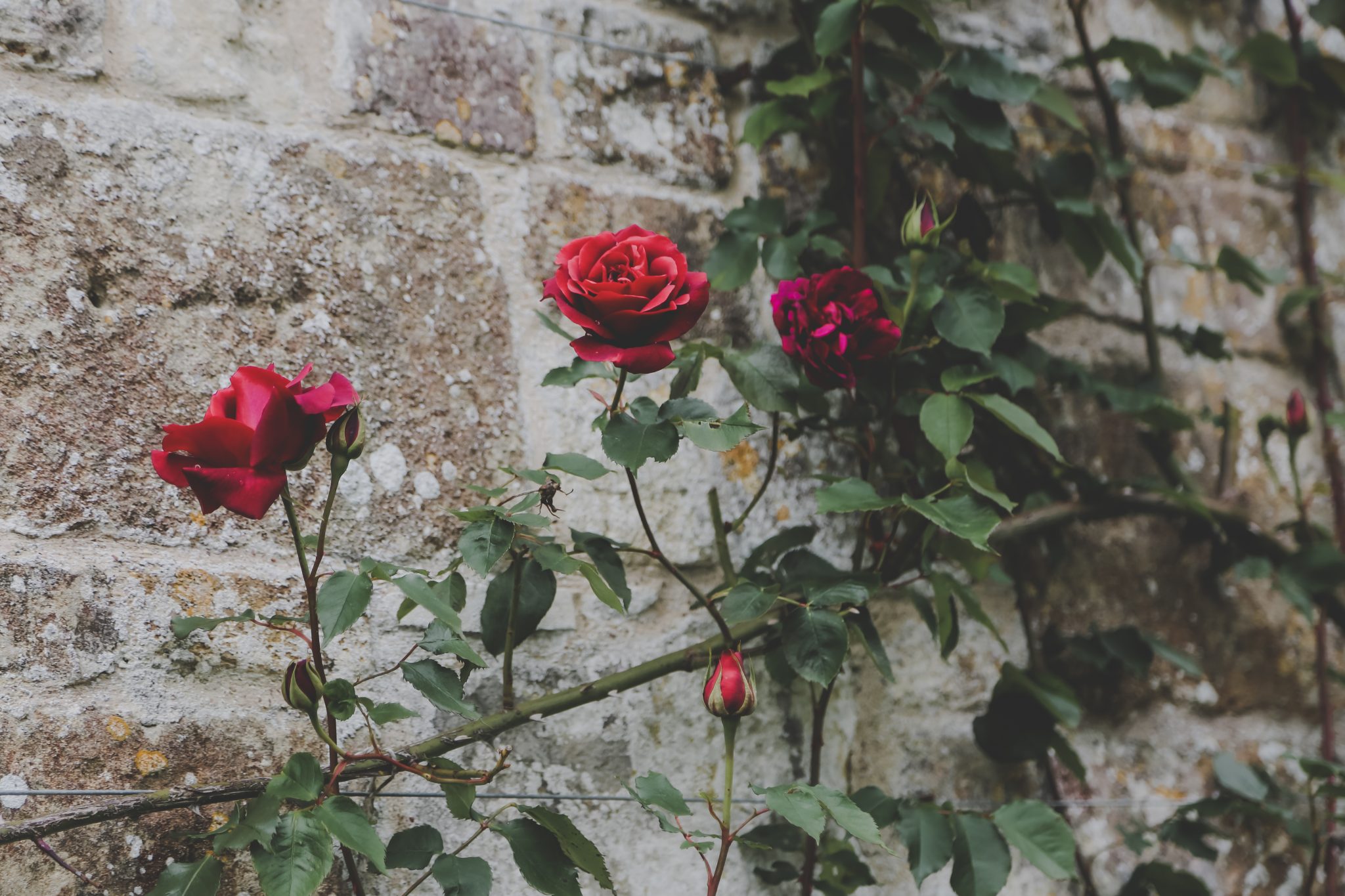In a world inundated with digital noise and constant distractions, immersing oneself in nature’s timeless narratives is deeply refreshing. From garden meditations to climate change, myriad stories are waiting to be discovered and shared. If you’re drawn to unraveling these tales and weaving them into captivating narratives, consider nature writing courses. My Narrative Nature Writing courses might provide the creative journey you’re seeking.
They start at Level 1 and move through Level 6 for increasingly advanced writers: Online Creative Nonfiction Writing Courses | Kathryn Aalto.
Embarking on a writing course centered around nature isn’t just about honing literary skills; it’s about forging a profound connection with the natural world and learning to express its beauty and complexity through words. As a garden historian, landscape designer, and New York Times bestselling author, I bring expertise and passion to this experience.
Discovering the Power of Storytelling
First, at the heart of this nature writing course is the art of storytelling. This approach reflects my background in creative nonfiction and literary journalism. Jonathan Franzen’s essay in The New Yorker, “The Problem of Nature Writing,” argues that nature writing must first be a good story.
Through a curated curriculum, participants delve into crafting narratives that resonate emotionally with readers. Whether capturing the fleeting beauty of a sunrise or exploring the intricacies of ecological systems, each lesson helps unlock the storyteller within.
Students explore a range of writing styles and techniques, from descriptive prose to lyrical poetry, to convey nature’s wonders in engaging and inspiring ways. Guided exercises and feedback empower students to refine their voice and develop a unique narrative perspective reflecting their personal connection to nature.
Exploring Nature’s Tapestry
Second, an enriching aspect of this course is immersing oneself in nature’s rich tapestry. Virtual field trips, writing prompts, and nature-inspired assignments guide participants on a journey of exploration. Whether venturing into a forest, walking along a riverbank, or observing a garden, each encounter with nature inspires storytelling.
Furthermore, engaging deeply with the natural world fosters a better understanding of ecological principles and cultivates empathy and stewardship for the environment. By observing and interpreting nature’s patterns, students gain a new appreciation for all living things.
Fostering Community and Collaboration
Third, writing is often solitary, but nature writing offers a vibrant community of like-minded individuals passionate about nature and storytelling. In addition, online discussions, peer critiques, and collaborative activities allow participants to connect with writers worldwide, share insights, and celebrate successes.
This sense of camaraderie creates a nurturing environment where creativity thrives and friendships grow. Whether brainstorming ideas or offering encouragement, the course’s community becomes a source of inspiration and motivation.
Conclusion
Lastly, in a fast-paced world, immersing oneself in nature’s timeless rhythms is profoundly grounding. My nature writing courses offer not just a writing journey but a meaningful experience. It invites participants to slow down, observe deeply, and discover the beauty of nature’s stories.
Whether you’re a seasoned writer looking to explore new creative avenues or a nature enthusiast eager to share your experiences with the world, nature writing courses provide the opportunity to hone your craft. It also connects you with a community of kindred spirits. So, if you’re ready to embark on a journey of exploration and storytelling, join my next Narrative Nature Writing course. Let the complexity of nature inspire your words.
